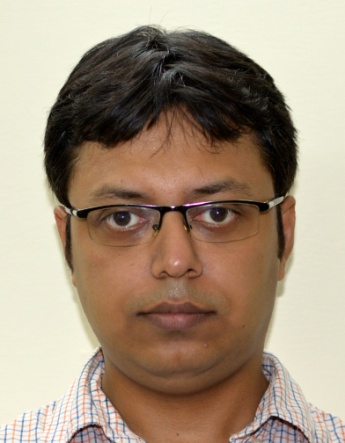Week 1: Review of states of matter, Equations of state for ideal and real gases, Heat capacities at constant volume and pressure. Introduction to Thermodynamics, Laws of thermodynamics, Zeroth law.
Week 2: First law, Concept of work and heat, Work done in reversible and irreversible processes.
Week 3: Concept of enthalpy, Joule’s experiment and Joule-Thompson experiment, Thermochemistry.
Week 4: Second law, Concept of entropy, Carnot cycle, Clausius inequality, Concept of maximum work.
Week 5: Gibbs and Helmholtz free energies, Maxwell’s relations, Chemical potential, Gibbs-Helmholtz equation, Gibbs-Duhem equation.
Week 6: Phase equilibrium, Clapeyron equation and Clausius-Clapeyron equation,Phase rule, Phase diagrams of one and two-component systems.
Week 7: Thermodynamics of mixtures, Partial Molar Properties, Ideal, Ideal-dilute and Real Solutions, Colligative properties.
Week 8: Chemical equilibrium, Equilibrium constant, van’t Hoff equation, Le Chatelier's principle.
Week 9: Equilibrium electrochemistry, Types of electrochemical cells, Standard electrode potential, Nernst equation, Liquid junction potential.
Week 10: Introduction to chemical kinetics, rate laws for elementary reactions of different orders, competing reactions.
Week 11: Mechanisms of composite reactions, steady state and rate determining step approximations, homogeneous (acid-base catalysis and enzyme catalysis) and heterogeneous catalysis (Langmuir adsorption isotherm).
Week 12: Temperature dependence of rate constant, Introduction to gas-phase chemical reaction dynamics, Maxwell-Boltzman distribution of molecular speeds and its application in collision theory, Unimolecular reactions.

DOWNLOAD APP
FOLLOW US